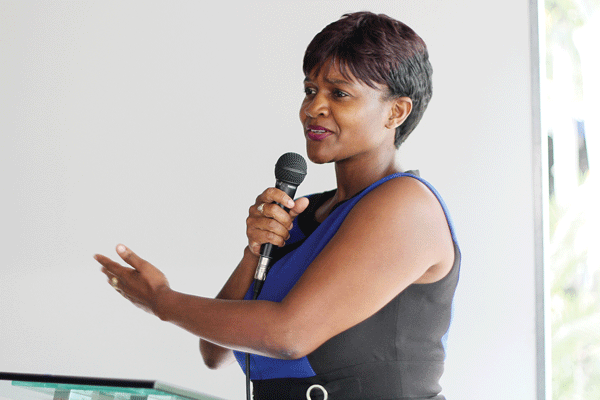
Tobacco processor, British American Tobacco (BAT) Zimbabwe saw its profit after tax declining by 43% to $8,5 million in the year ended December 31, 2016 attributed to a decline in revenue on weak consumer demand.
BY BUSINESS REPORTER

Last year, profit after tax was $15,47 million.
Revenue declined by 25% to $34,1 million on declining volumes as the harsh economic environment affected consumer spend.
BAT Zimbabwe finance director, Lucas Francisco told an analysts briefing in Harare yesterday that despite the drop in volumes, the upmarket brand Dunhill grew by 7,2% compared to 2015 off a small, but growing consumer base.
The tobacco processor’s managing director Clara Mlambo said despite the drop in the bottom line, she was pleased with the results considering that 2016 was a tough year.
Mlambo said 2016 was a tough year in which “agility was the name of the game”.
She said BAT had a stronger second half of the year. The December performance, she said, saw good recovery in terms of sales.
- Chamisa under fire over US$120K donation
- Mavhunga puts DeMbare into Chibuku quarterfinals
- Pension funds bet on Cabora Bassa oilfields
- Councils defy govt fire tender directive
Keep Reading
The company saw its marketing spend increasing by 9% as it moves to defend its brand adding that it was a signal that “BAT is here for the long haul, hence continue to invest in the brand”.
Mlambo said the pie was getting smaller, but “BAT managed to hold on to our market share”.
An independent research showed that the tobacco processor had a market share of 79% in 2016 from 80% in 2015.
“This is commendable because we saw a number of entrants,” she said.
Mlambo said her company supports the government’s position to maintain excise duty at the current rate as this “allows pricing stability and volume recovery”.
In the 10 months to October, BAT paid $15,9 million to Treasury in excise duty constituting 86% of the total paid by cigarette manufacturers.
Mlambo said there has been a growth in duty non-paying cigarettes, which eats into legitimate industry volume and “less revenue for the government because the players are not paying taxes”.
Companies pay $20 per 1 000 sticks in excise duty. Mlambo said by maintaining the duty, “it maintains price stability and volume recovery” adding it was critical for excise to remain the same.
She said the Zimbabwe Stock Exchange-listed entity would not “necessarily enter a price war” to defend its brand.











